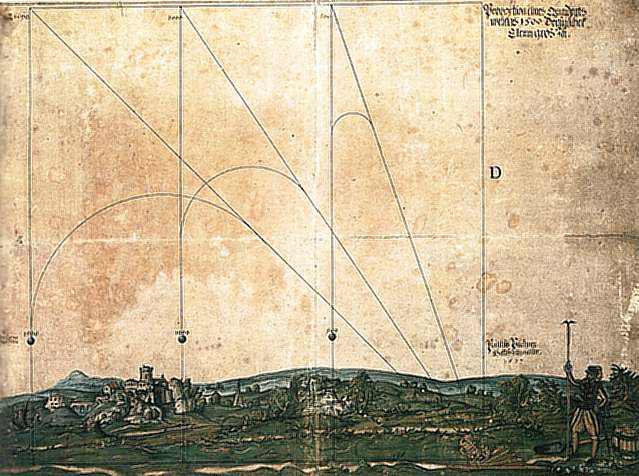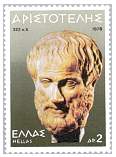Aristotle was a brilliant philosopher, logician and scientist whose writings and teachings have left a legacy of influence on the modern world as great as that of any other ancient thinker. His Lyceum provided the world at that time with its first ever comprehensive curriculum offering courses on all aspects of knowledge. He wrote over 2000 pages of lecture notes which survive today in a collection of some 30 books. His range of interests varied immensely, including everything from astronomy to poetry. His ideas dominated the world of western science and thought for nearly 2000 years. In fact, in the twelfth and thirteenth centuries his ideas were adopted as absolute truths by the early Christian Church, an event is history which effectively eliminated original and experimental scientific progress for centuries. Not until 1609, when Galileo destroyed Aristotle's mechanical model of the universe, was his authority on scientific theory truly undermined. So strong was Aristotle's grip on the science of the time, that Galileo was subsequently tried by the church as a heretic for disagreeing with his theories.

courtesy of Google Images
This image depicts an experiment through which Aristotle's
theory on 'violent' motion was disproved
It is a generally accepted fact that Aristotle's physics and astronomy were the weakest of his areas of study. He made discoveries and developed theories in biology, ethics, and drama that still hold a great deal of importance in those fields today. However, many of his theories and hypotheses were not disproved unitl the nineteenth century and his original concept of a uniform and consistant flow of time was accepted by Newton and still has its place in physics today. We really cannot discount the scientific contributions of a man whose ideas have survived for over 2000 years.
References:
1) Robinson, Michael Rowan. "Was Aristotle the First Physicist?", Physics World, (Jan 2002).
2) Waterlow, S. Nature, Change, and Agency in Aristotle's "Physics", (1982).
3) Barnes, Jonathan ed. The Cambridge Companion to Aristotle, (Cambridge, 1995).
4) Randall, John H. Aristotle, Columbia University Press, (1960).
5) G.E.R. Lloyd, Norton. Early Greek Science: Thales to Aristotle, New York, (1970).
Title Page
Page 1
Page 2
Page 3




